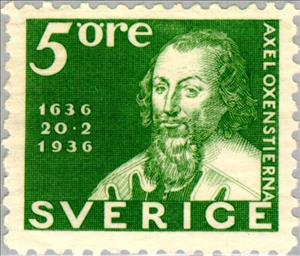Stamp: Post Office (Sweden 1936)
Post Office (Sweden 1936)
20 February (Sweden ) within release Post Office goes into circulation Stamp Post Office face value 5 Swedish öre
| Stamp Post Office in catalogues | |
|---|---|
| Michel: | Mi:SE 227B |
Stamp is square format.
Also in the issue Post Office:
- Stamp - Post Office face value 20;
- Stamp - Post Office face value 5;
- Stamp - Post Office face value 5;
- Stamp - Post Office face value 10;
- Stamp - Post Office face value 10;
- Stamp - Post Office face value 15;
- Stamp - Post Office face value 15;
- Stamp - Post Office face value 25;
- Stamp - Post Office face value 30;
- Stamp - Post Office face value 35;
- Stamp - Post Office face value 40;
- Stamp - Post Office face value 45;
- Stamp - Post Office face value 50;
- Stamp - Post Office face value 60;
- Stamp - Post Office face value 1;
|
Data entry completed
46%
|
|
|---|---|
| Stamp Post Office in digits | |
| Country: | Sweden |
| Date: | 1936-02-20 |
| Format: | Stamp |
| Face Value: | 5 Swedish öre |
| Print run: | 12500000 |
Stamp Post Office it reflects the thematic directions:
Famous People refers to the fame and public attention accorded by the mass media to individuals or groups or, occasionally, animals, but is usually applied to the persons or groups of people (celebrity couples, families, etc.) themselves who receive such a status of fame and attention. Celebrity status is often associated with wealth (commonly referred to as fame and fortune), while fame often provides opportunities to make money.
The mail or post is a system for physically transporting documents and other small packages; or, the postcards, letters, and parcels themselves. A postal service can be private or public, though many governments place restrictions on private systems. Since the mid-19th century national postal systems have generally been established as government monopolies with a fee on the article prepaid. Proof of payment is often in the form of adhesive postage stamps, but postage meters are also used for bulk mailing. Modern private postal systems are typically distinguished from national postal agencies by the names "courier" or "delivery service". Postal authorities often have functions other than transporting letters. In some countries, a postal, telegraph and telephone (PTT) service oversees the postal system, in addition to telephone and telegraph systems. Some countries' postal systems allow for savings accounts and handle applications for passports.
An anniversary is the date on which an event took place or an institution was founded in a previous year, and may also refer to the commemoration or celebration of that event. For example, the first event is the initial occurrence or, if planned, the inaugural of the event. One year later would be the first anniversary of that event. The word was first used for Catholic feasts to commemorate saints. Most countries celebrate national anniversaries, typically called national days. These could be the date of independence of the nation or the adoption of a new constitution or form of government. The important dates in a sitting monarch's reign may also be commemorated, an event often referred to as a "Jubilee".



